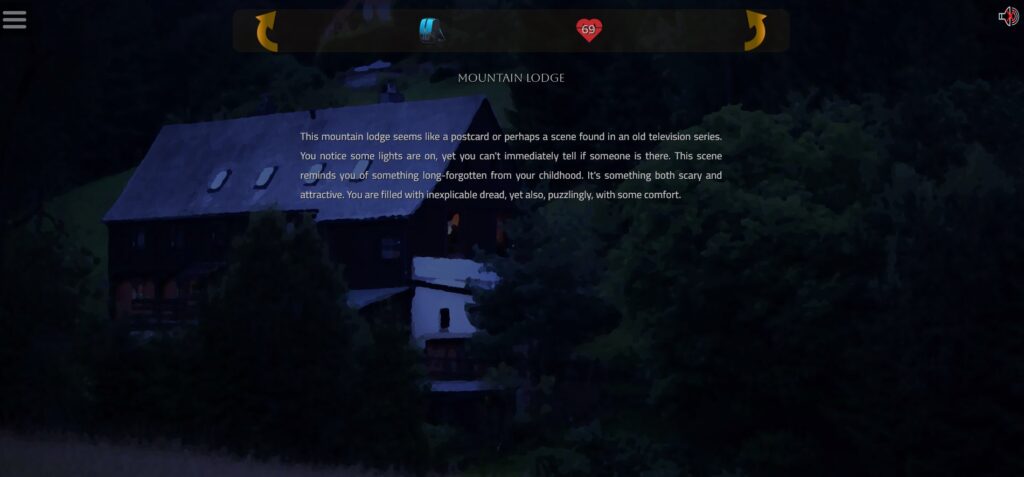As a child, whenever I got emotionally affected watching a film or reading a story, my folks would try to console me saying “It’s not real, don’t worry”. That didn’t help at all. To me, narrative worlds were real, more real than reality itself. After all, fiction and reality are not antonyms.
When we talk about the reality of imaginary worlds – narrative worlds, in our case – the discussion seems moot. “Of course narrative worlds are not real”, any random observer would likely utter with – not misplaced – confidence.
After all, when you follow the characters of a video game, you can always save your progress and restore if something goes wrong. Similarly, when you read about a lonely female programmer plagued by indecision, her life never leaves the confines of the novel. You can’t meet that woman, her actions don’t dictate yours and can’t change the world.
Or… can they?


